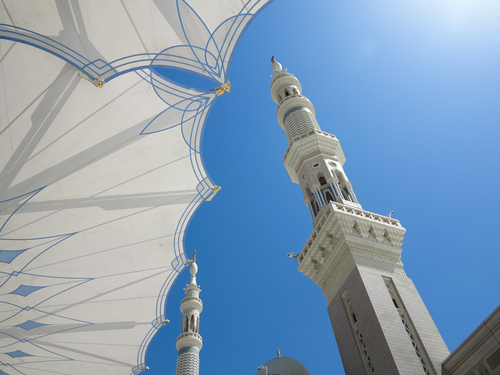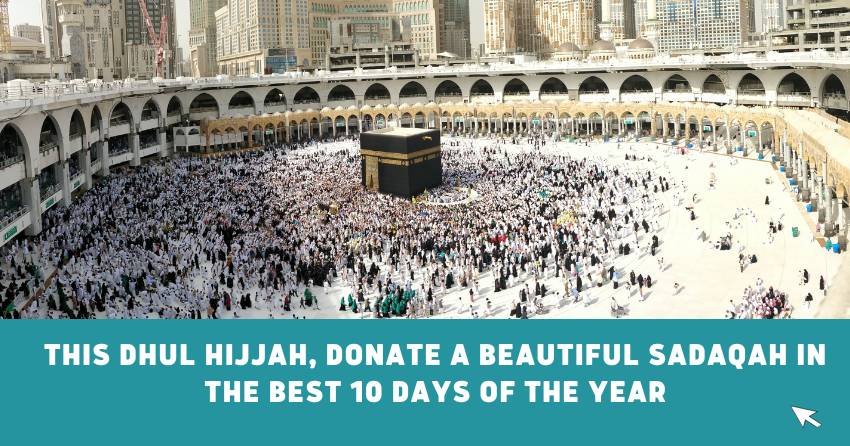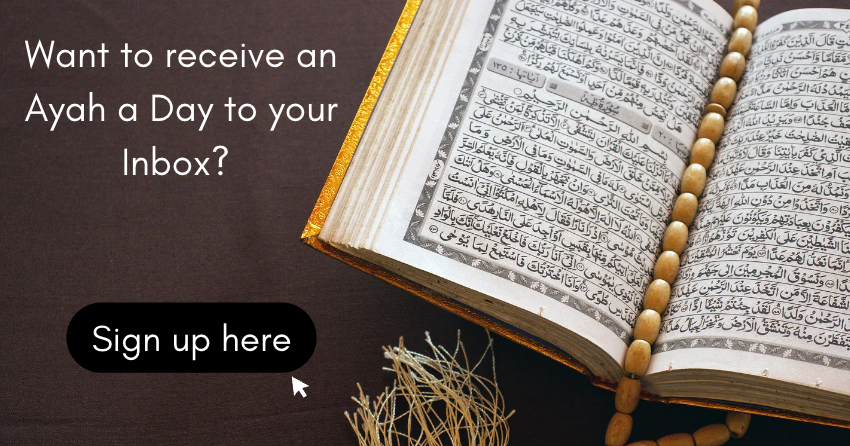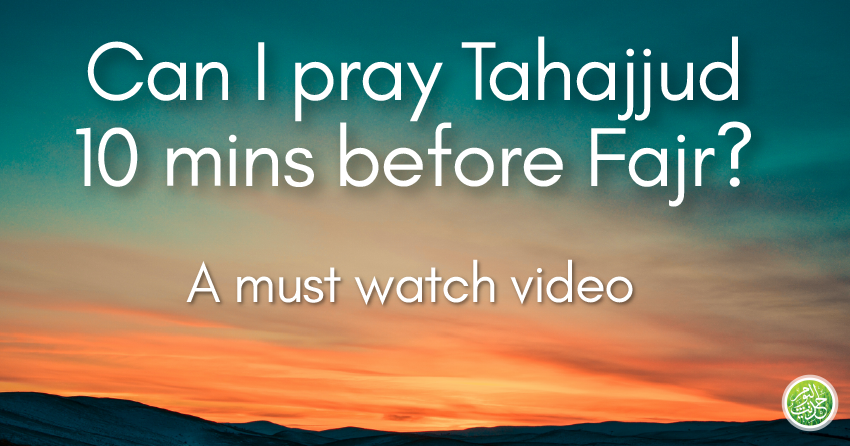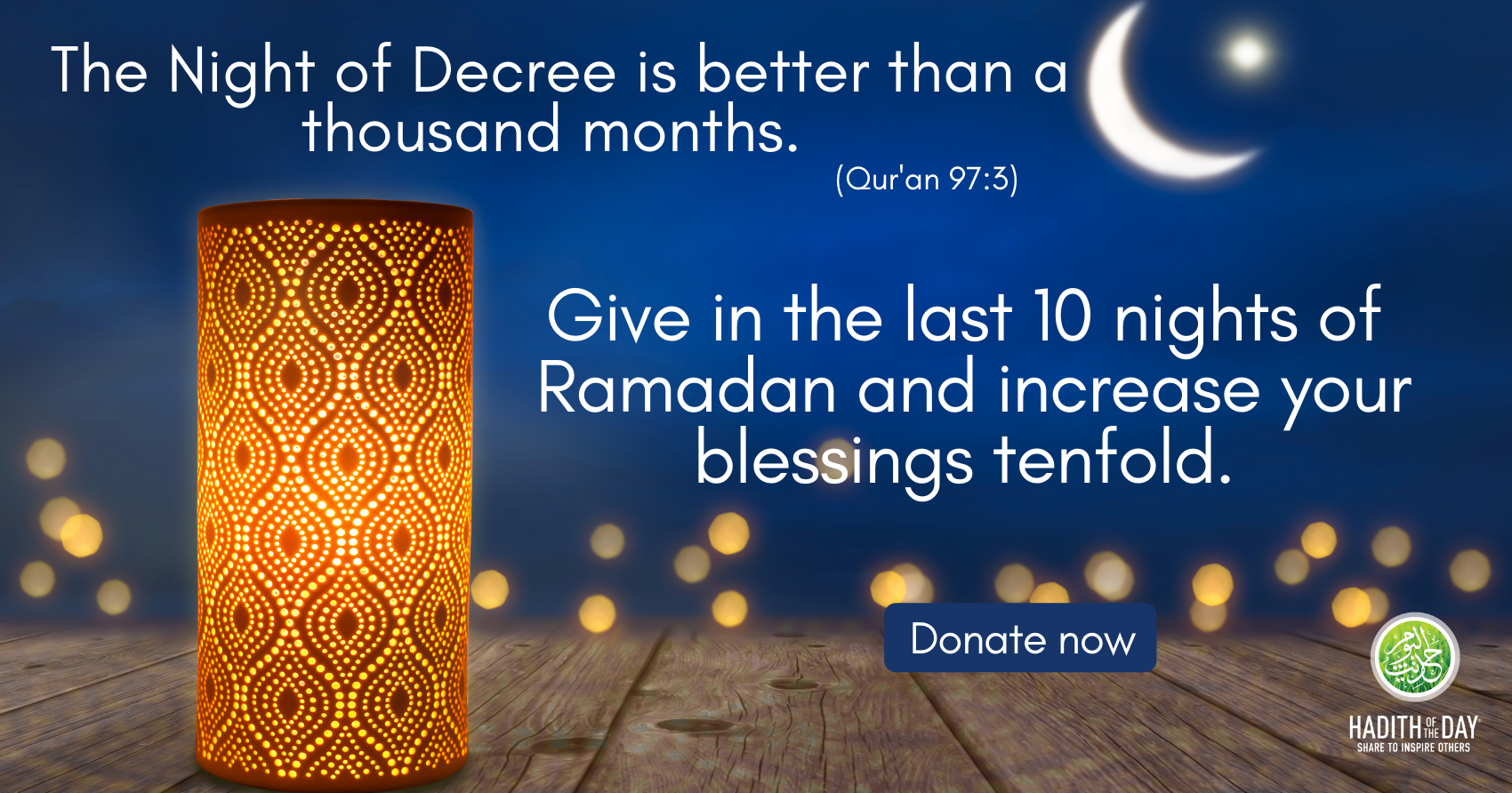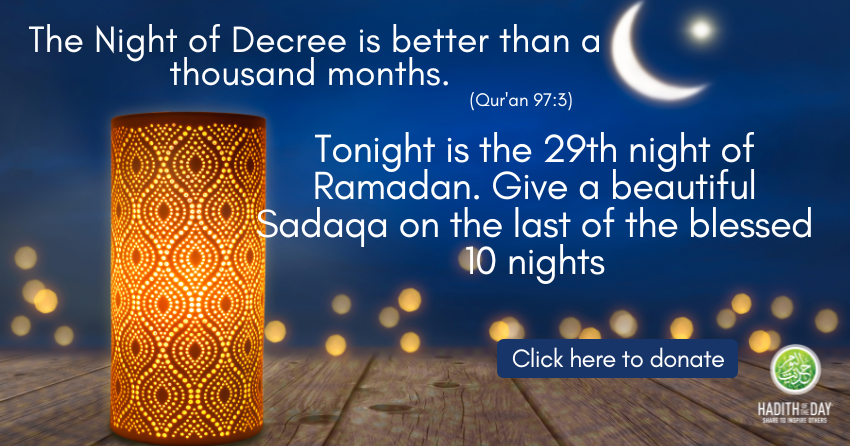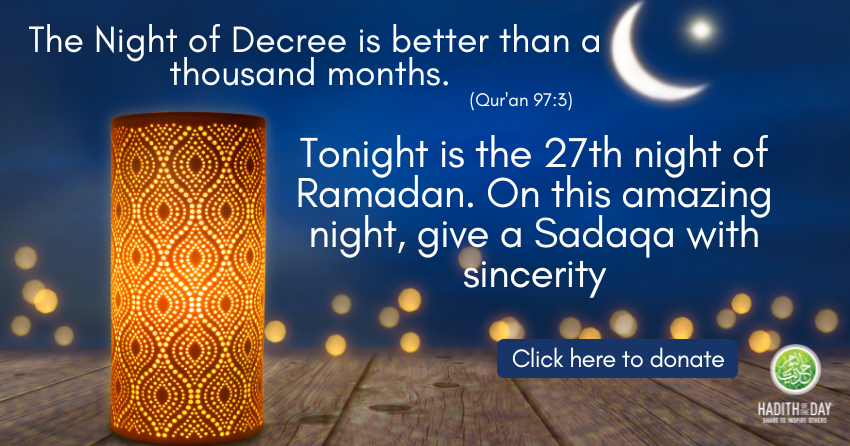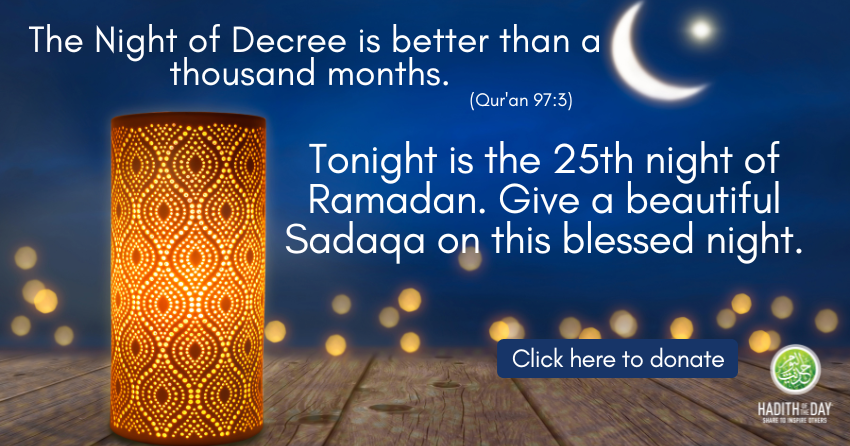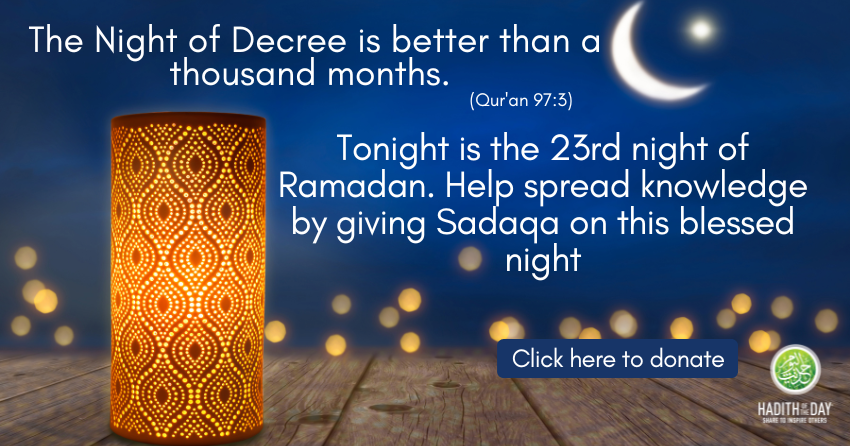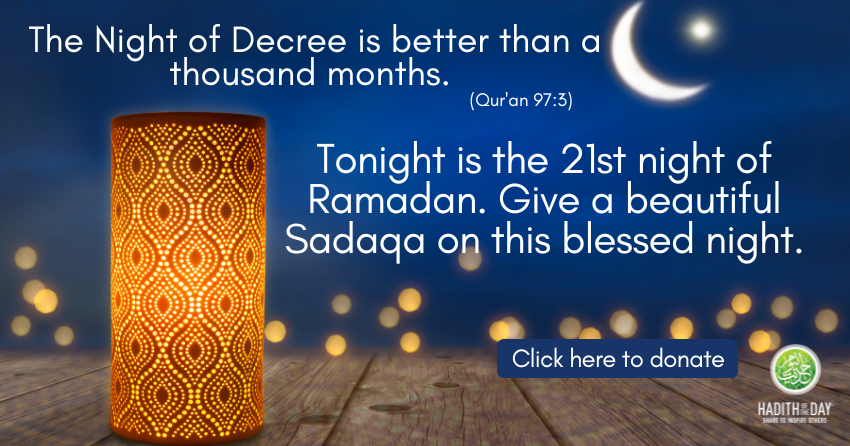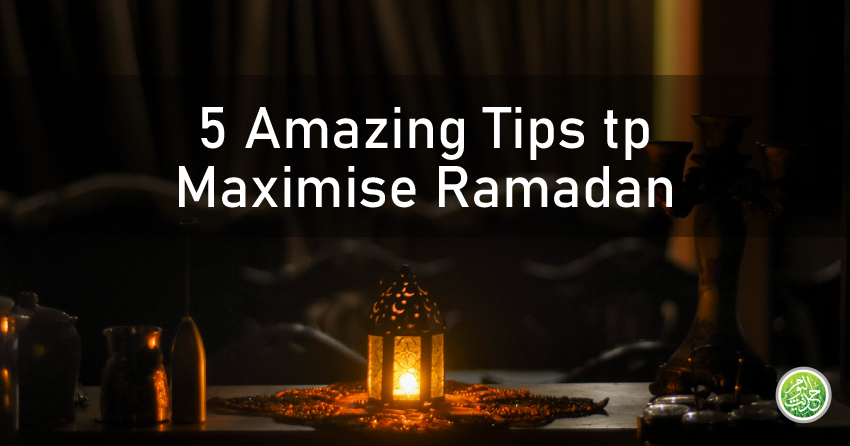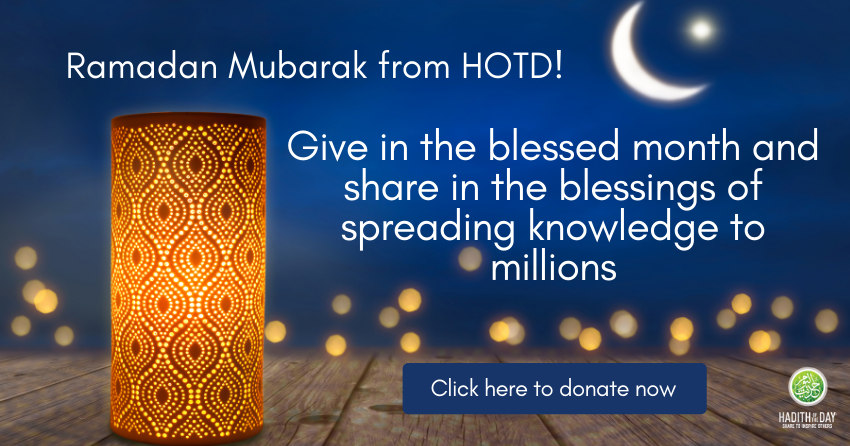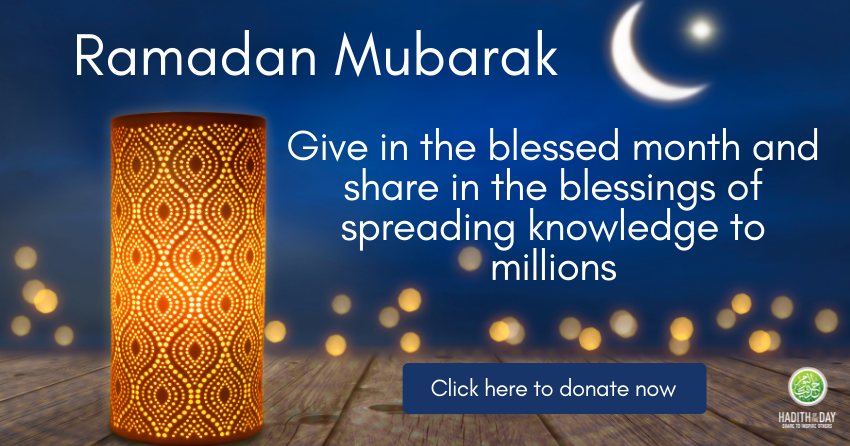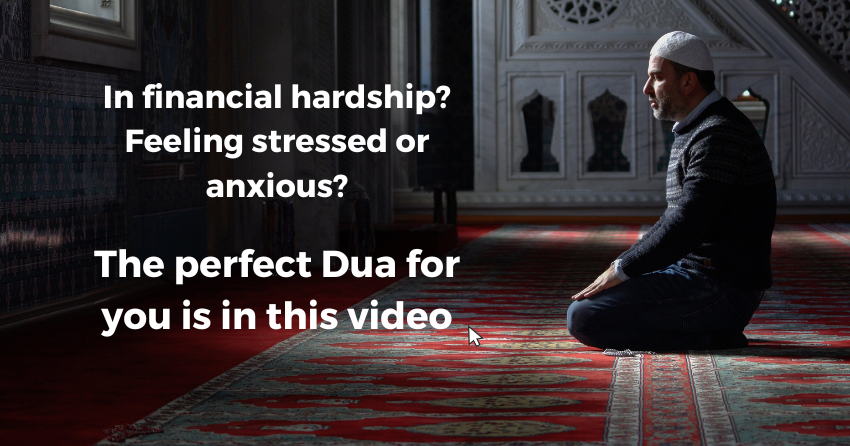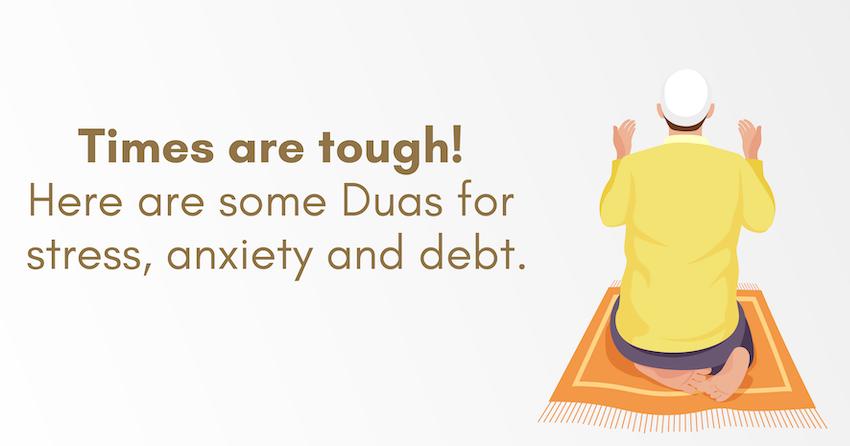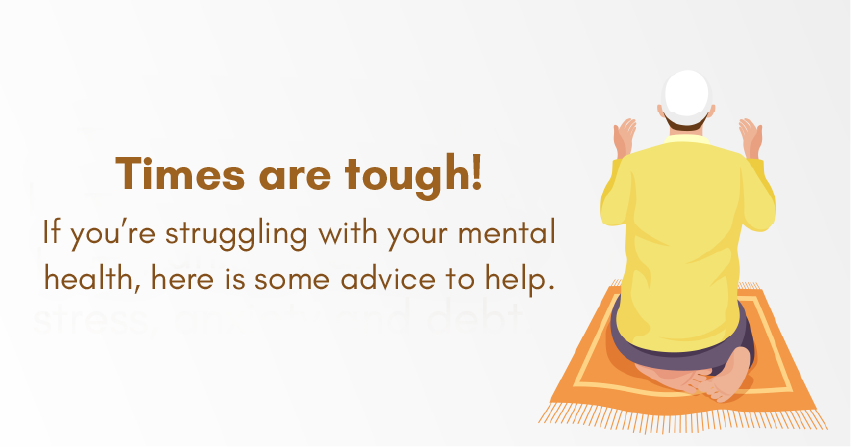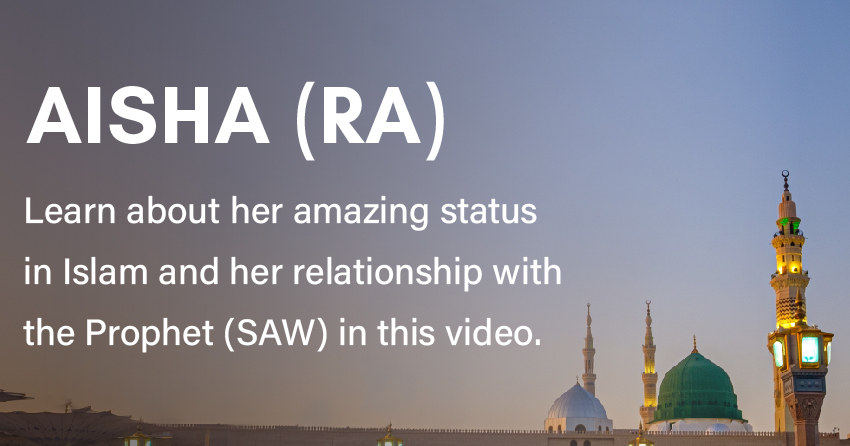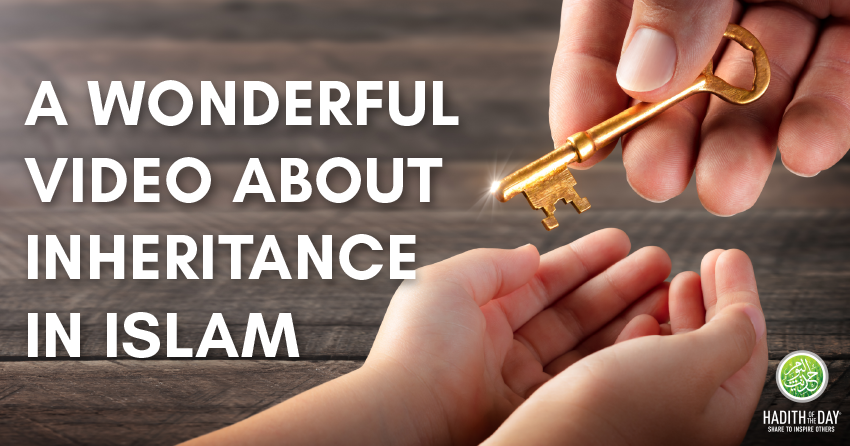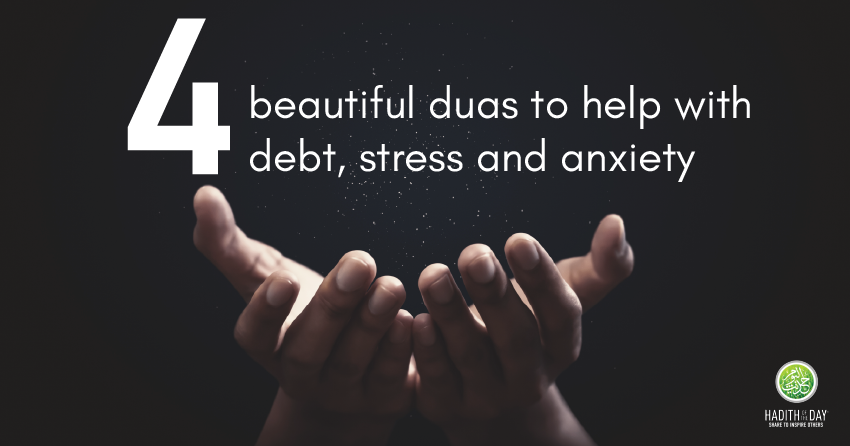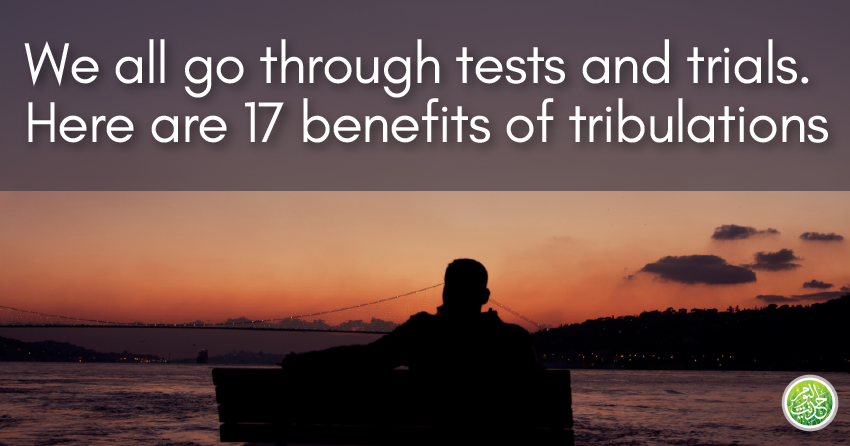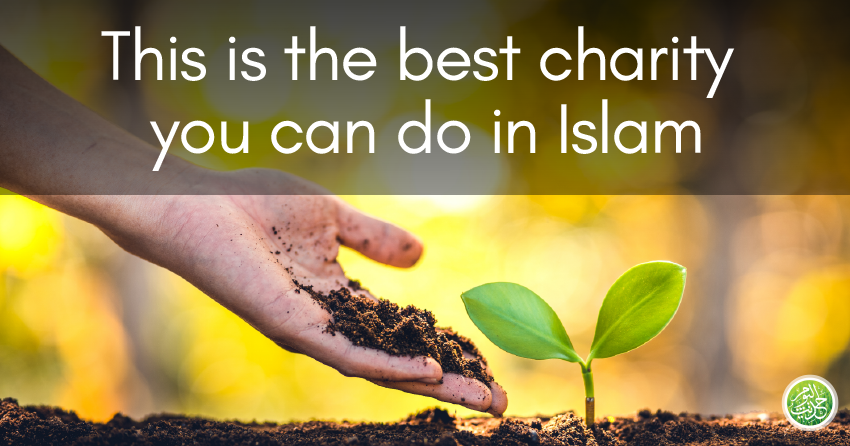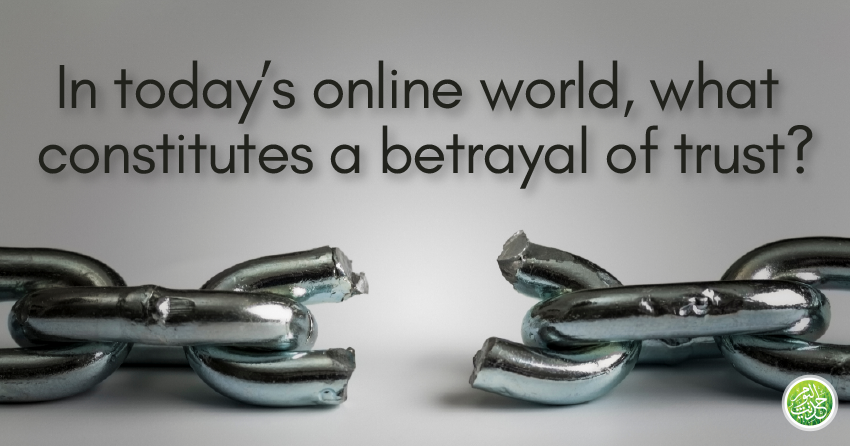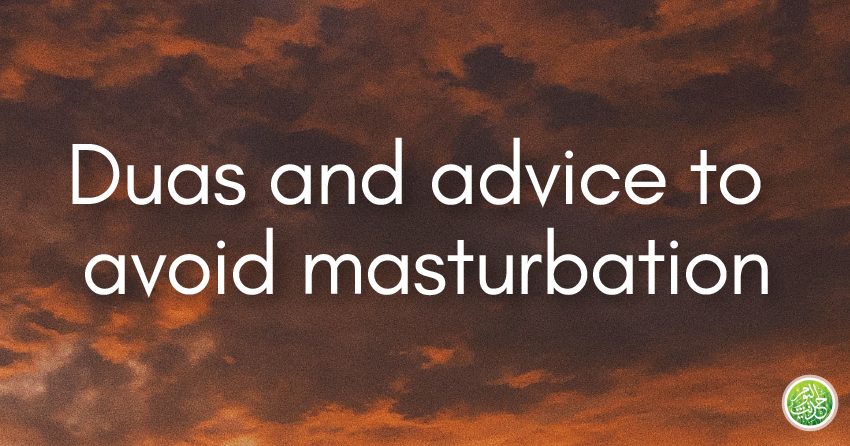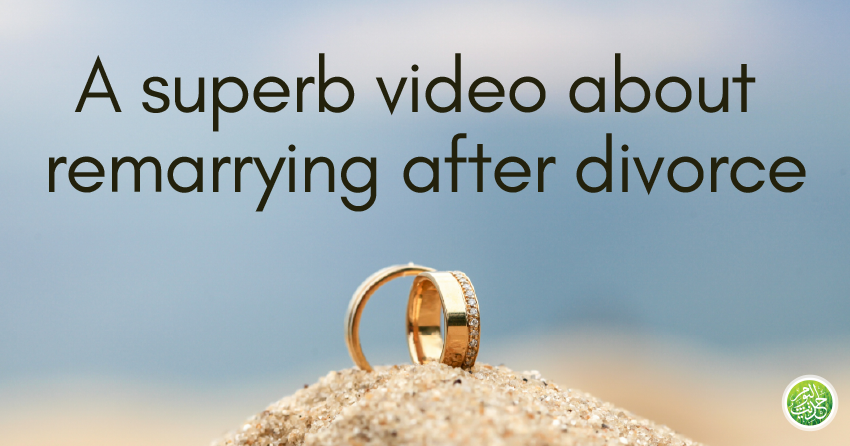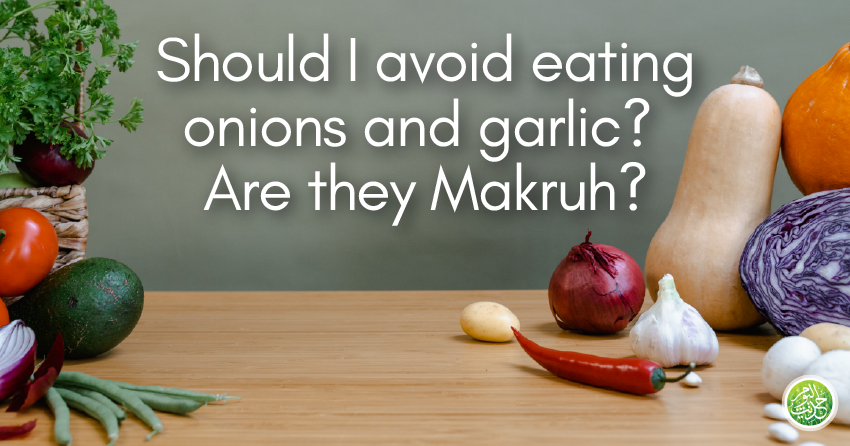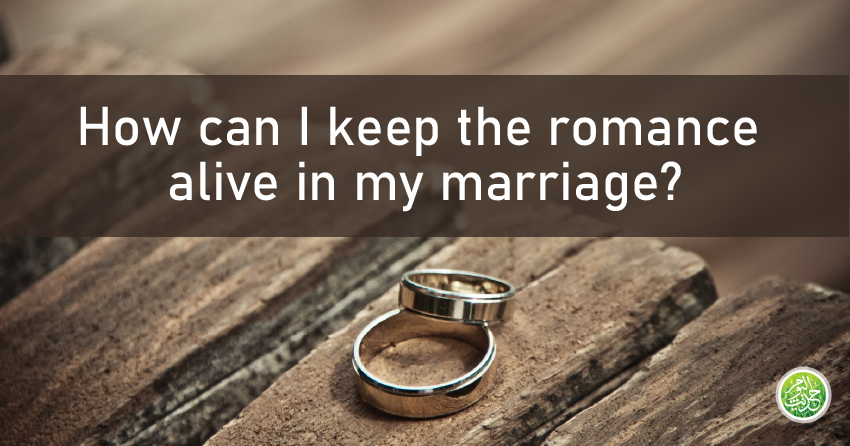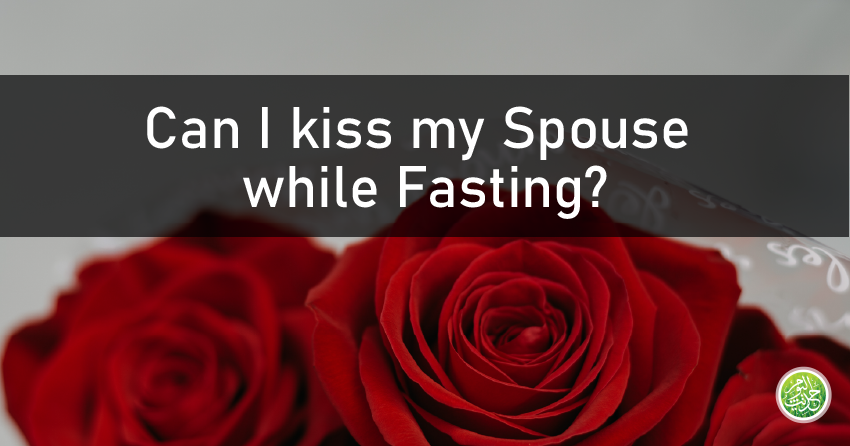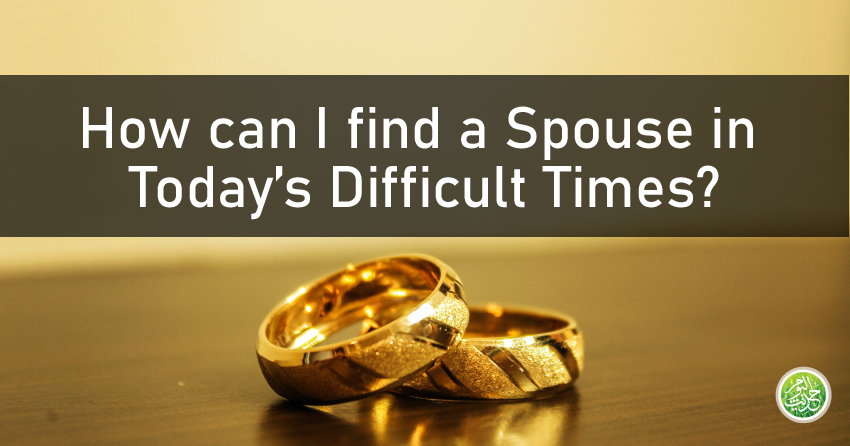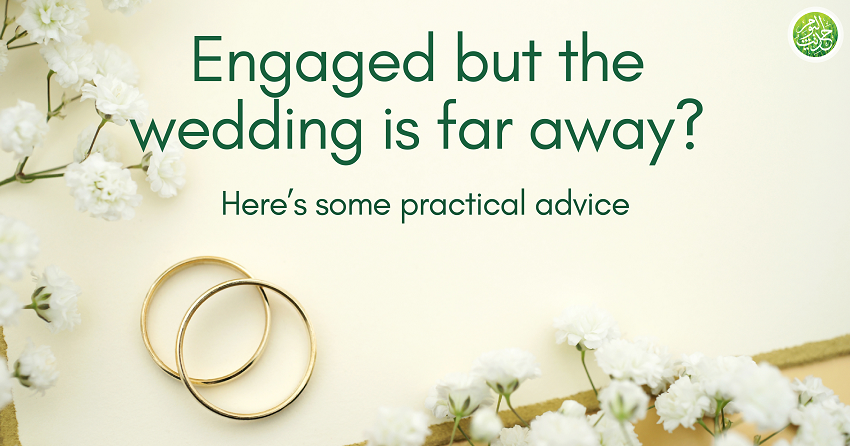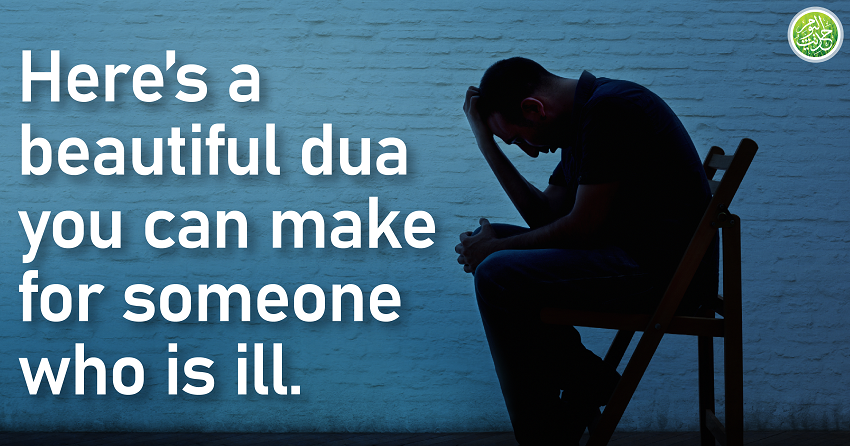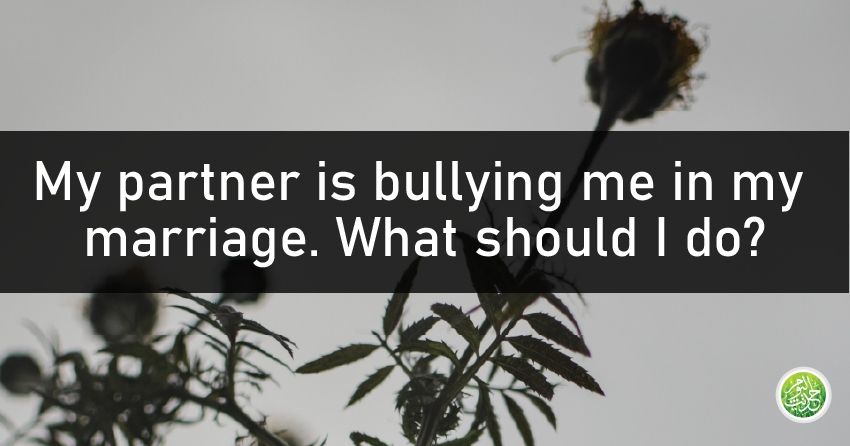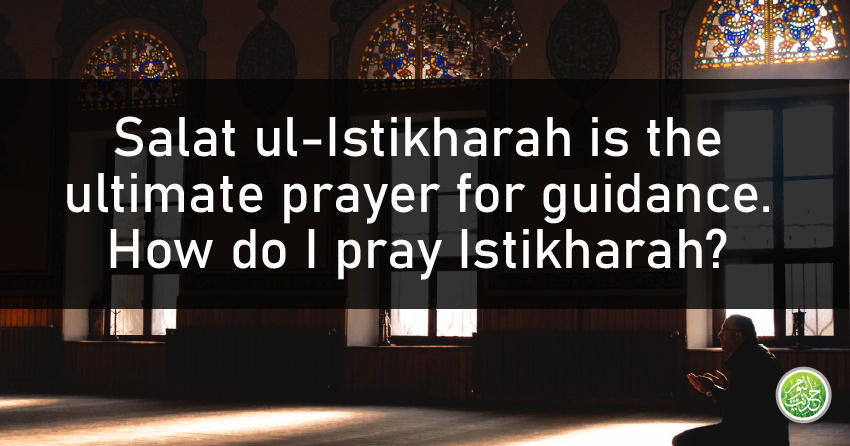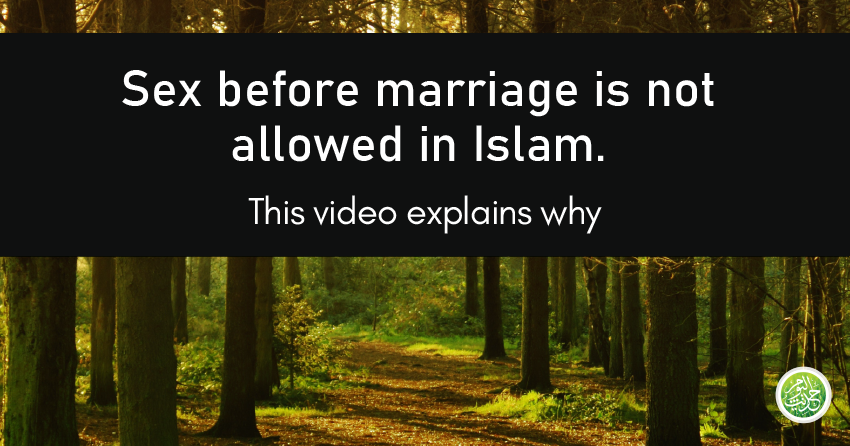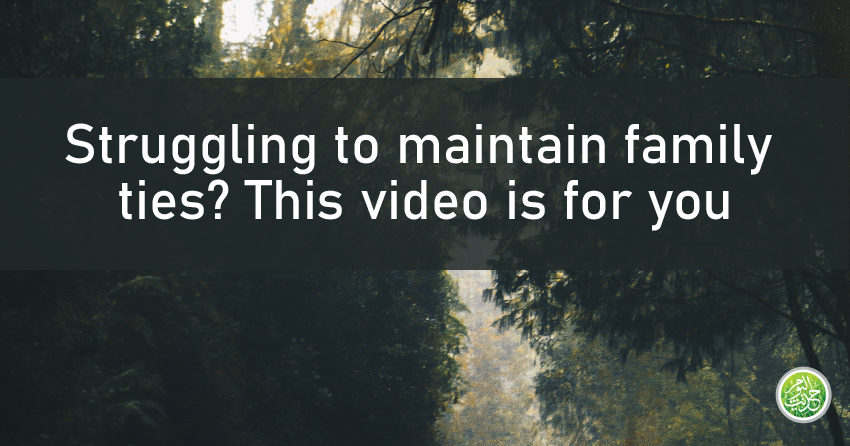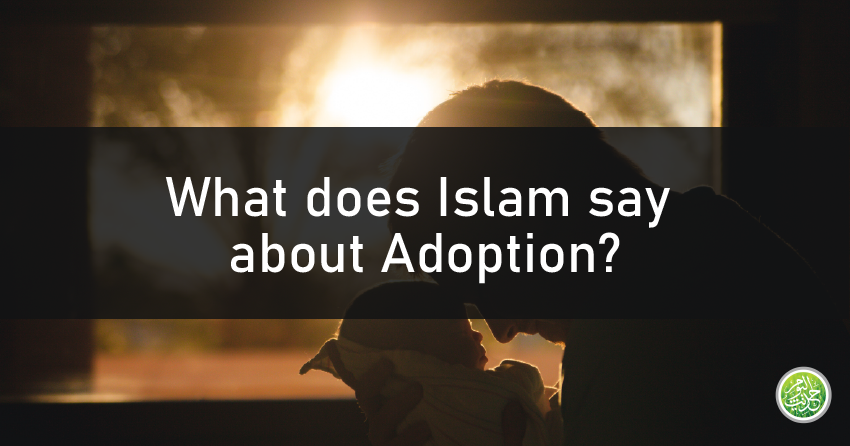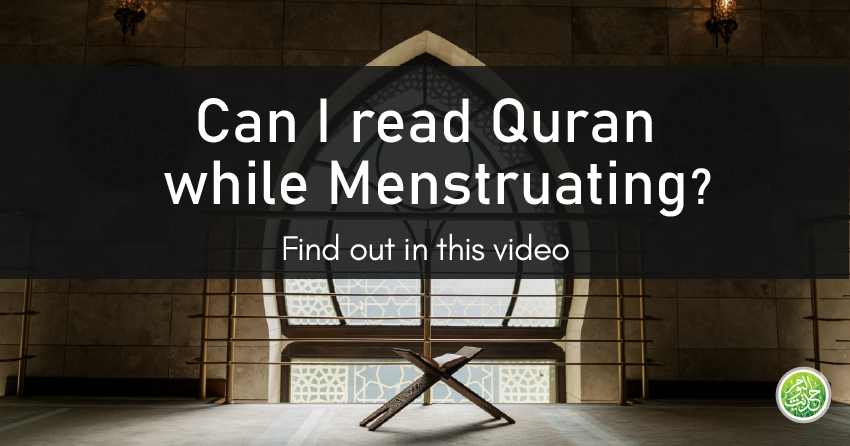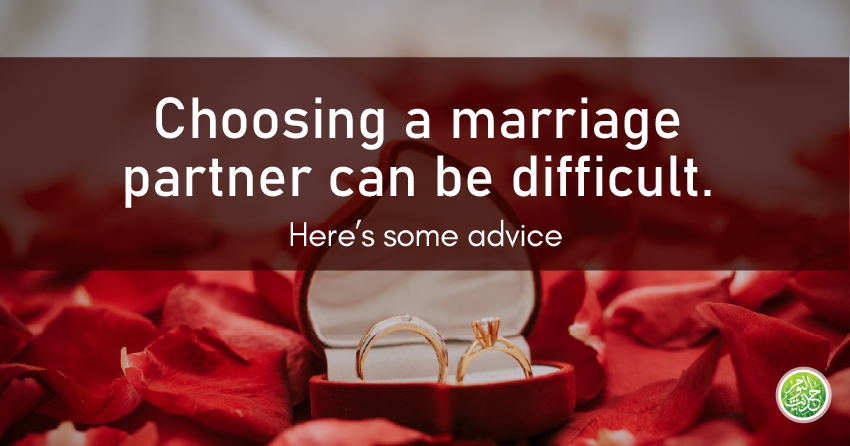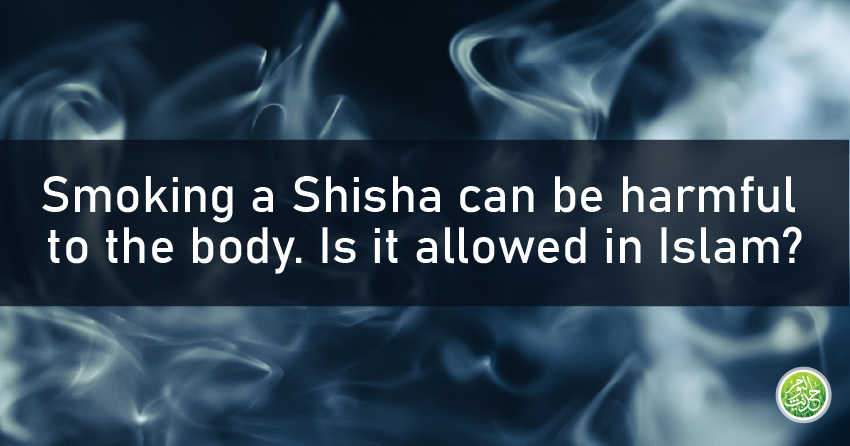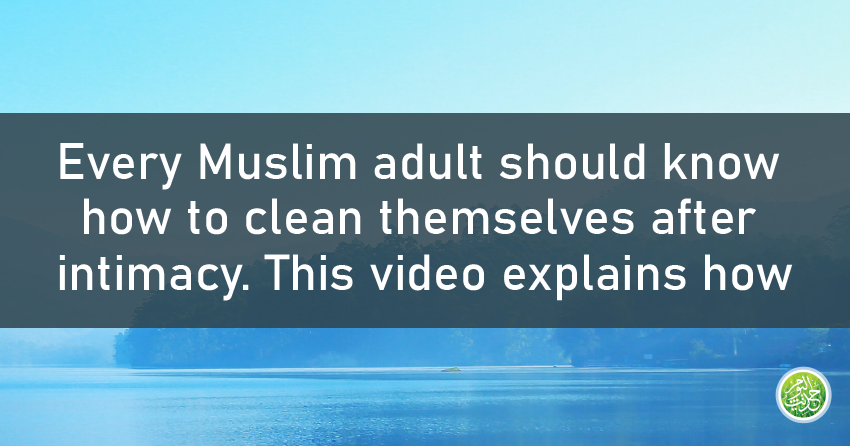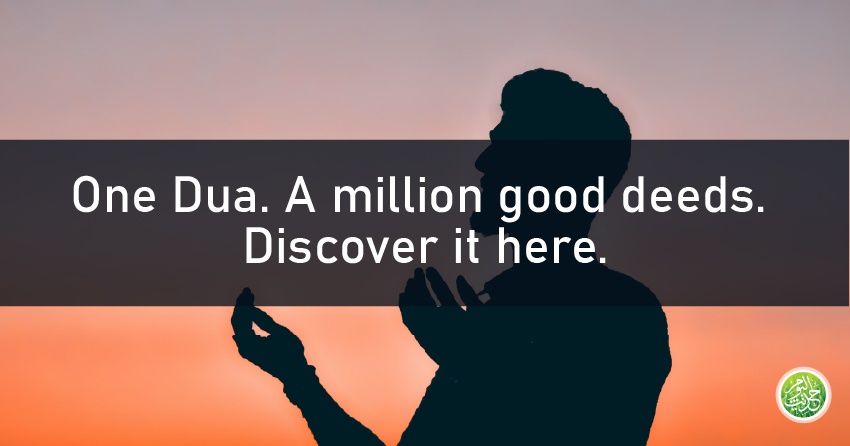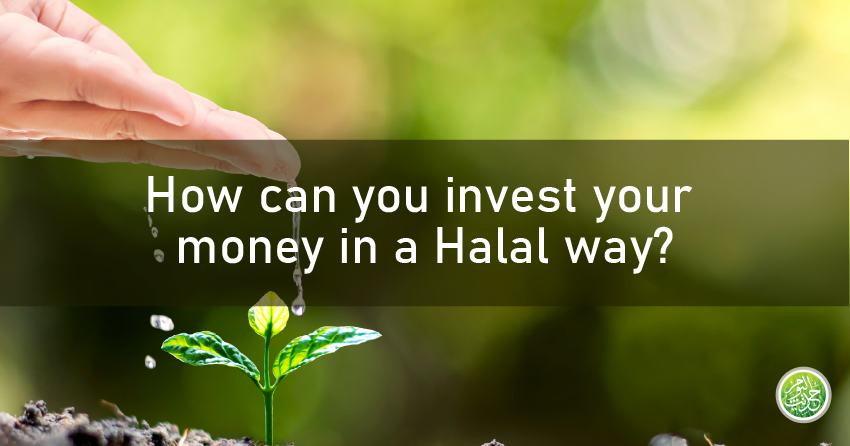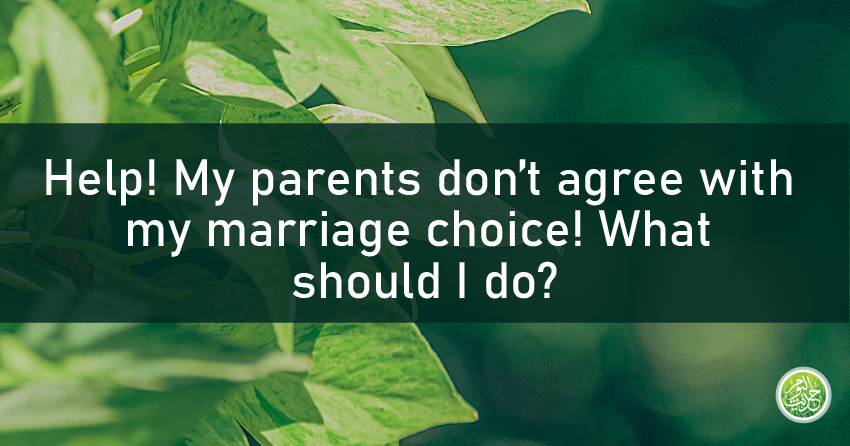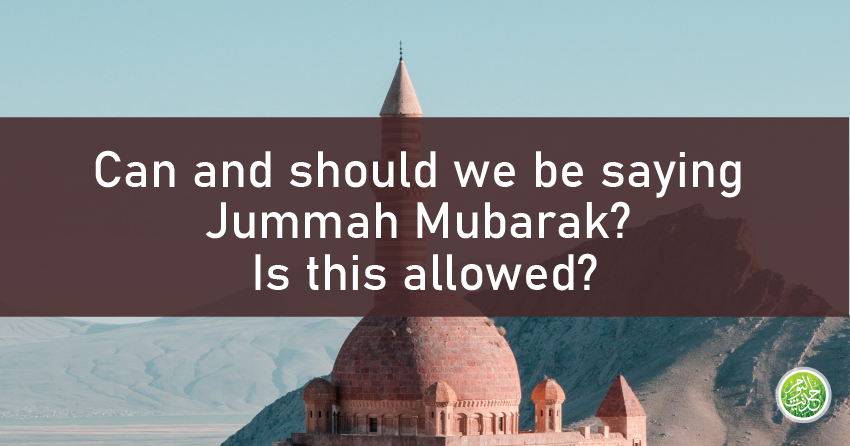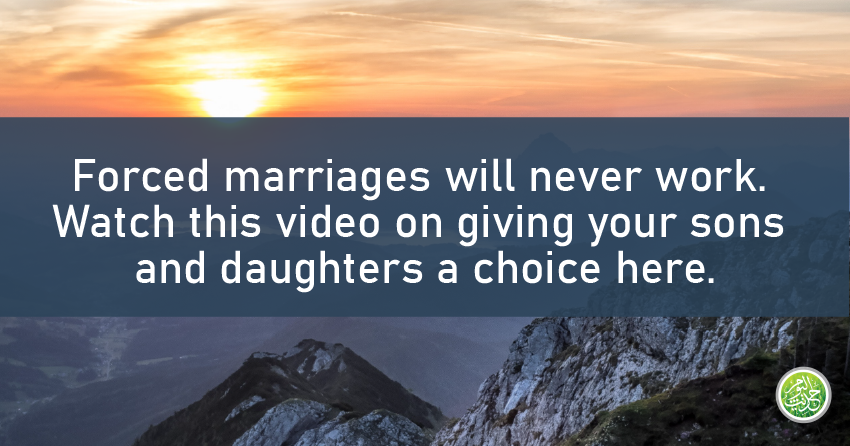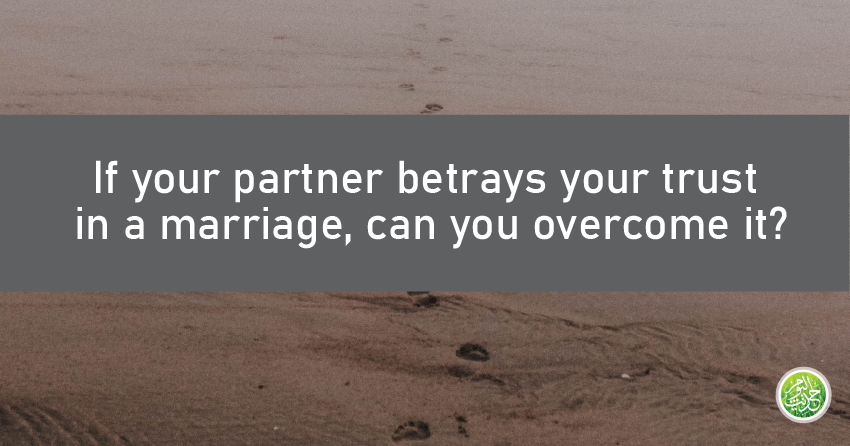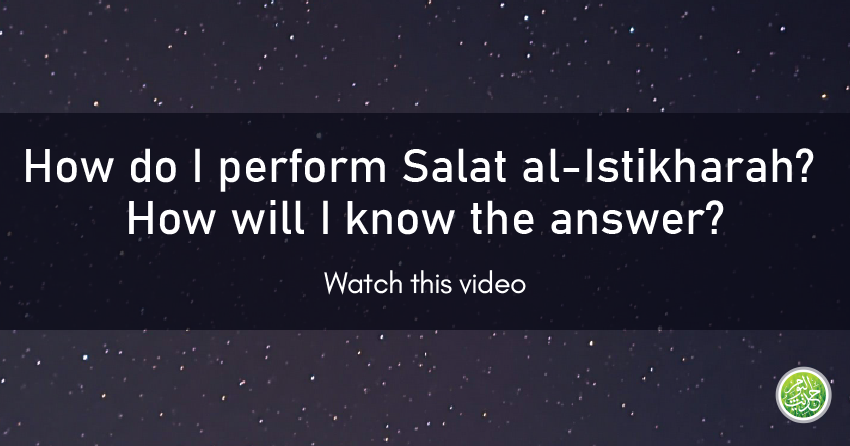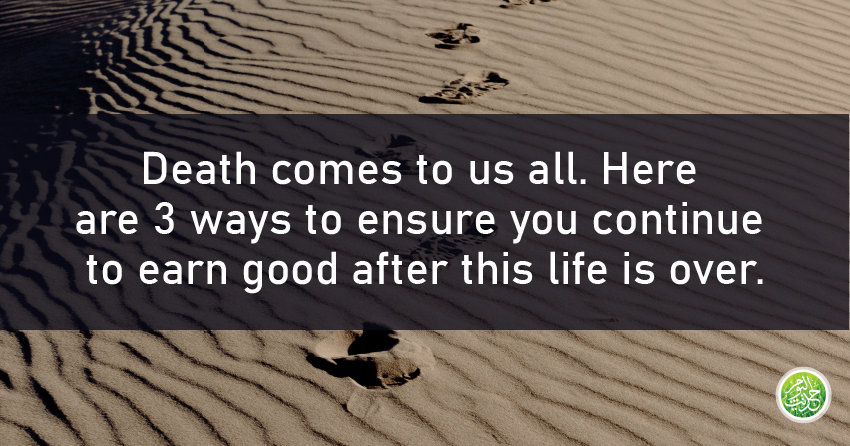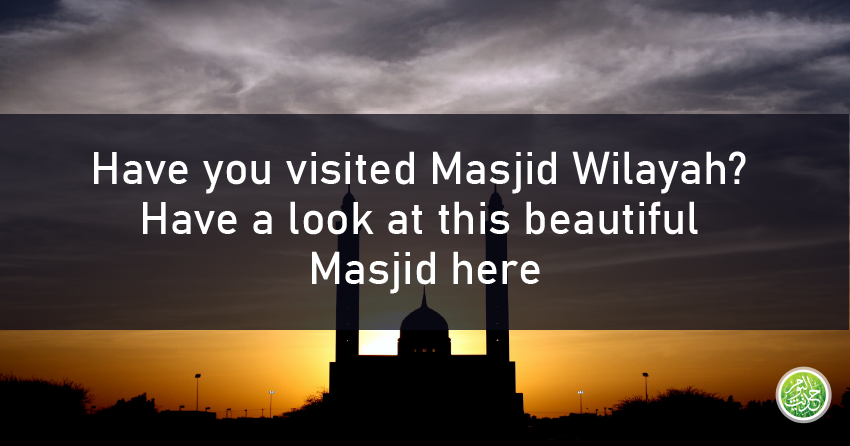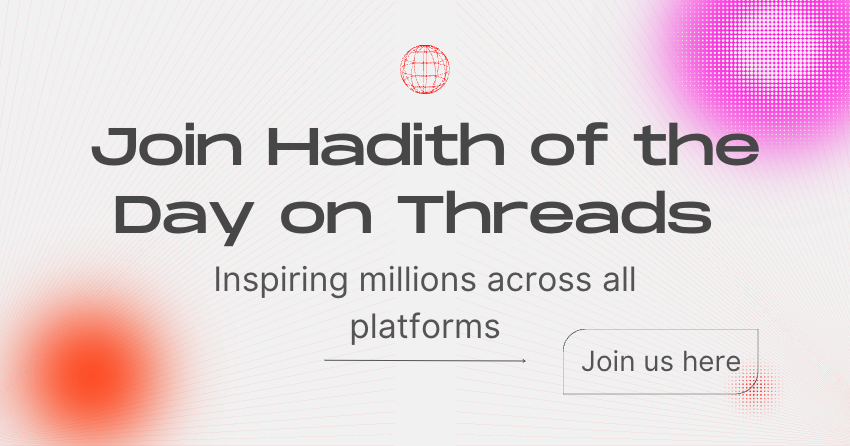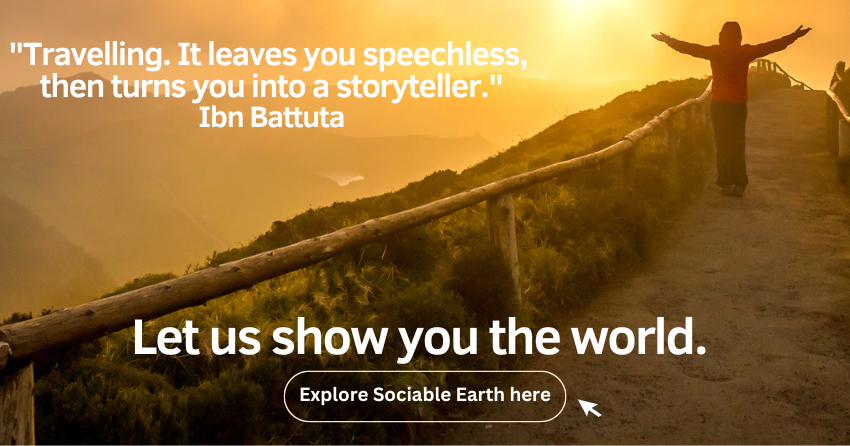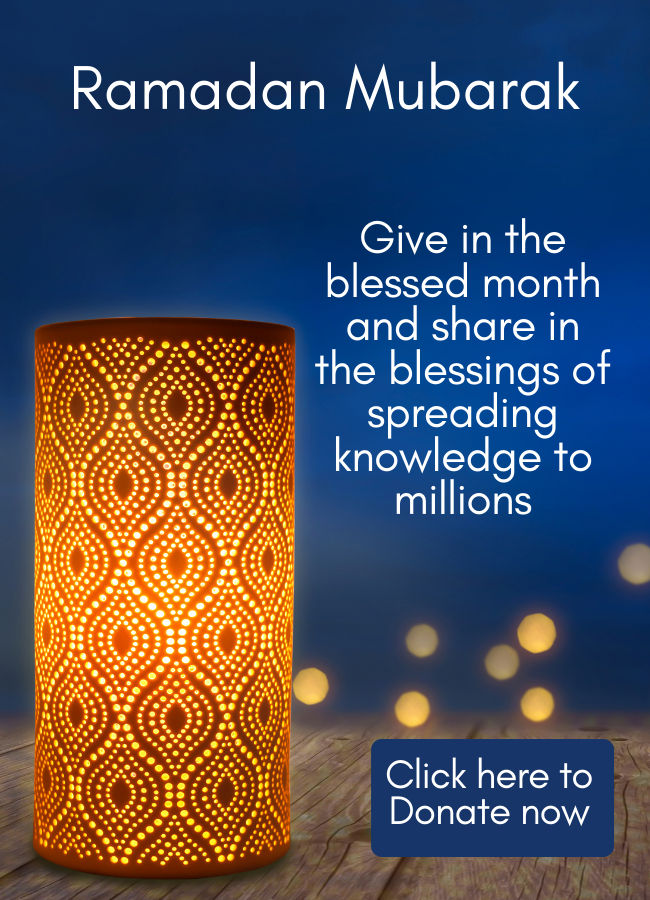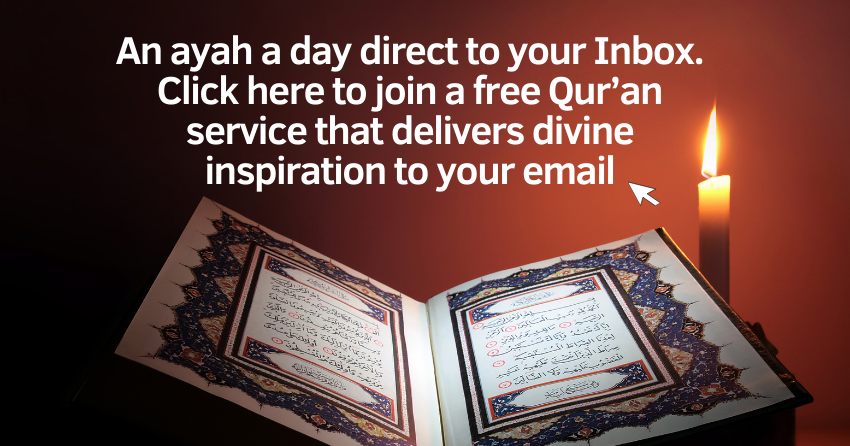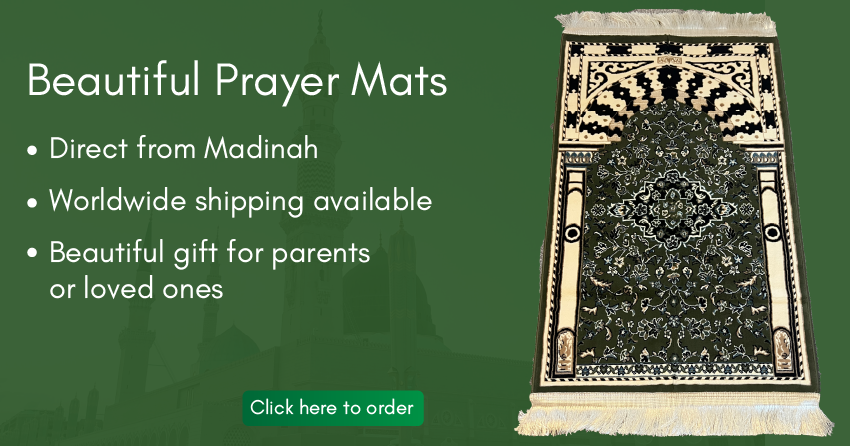What is Your Worth?

By Waqas Mustafeez
Allah, subhanahu wa ta’ala (exalted is He), tells us in the oft quoted verses of Surah Hujarat:
“O mankind, indeed We have created you from male and female and made you peoples and tribes that you may know one another. Indeed, the most noble of you in the sight of Allah is the most righteous of you. Indeed, Allah is Knowing and Acquainted.” (Qur’an, 49:13)
We are being told that one of the primary reasons for creating us all differently is to teach us the art of getting to know one another and to become comfortable with being different. However, human beings regularly use these differences to demarcate boundaries, or worse, to feel superior to others in their identity. The Prophet Muhammad ﷺ (peace be upon him) in his farewell sermon told us of the equalizers that are the basis of human rights:
“All mankind is from Adam and Eve, an Arab has no superiority over a non-Arab nor a non-Arab has any superiority over an Arab; also a white has no superiority over black nor a black has any superiority over white except by piety and good action.”
In today’s world, we have found even more ways of establishing superiority, hierarchy and worth. Race and color are just not comprehensive enough.
Since the first thing we deal with when meeting another human being is their exterior, it is natural that we may evaluate their physical characteristics such as how tall they are, how their face looks, their skin color or how they dress. This is natural, but there are certain manifestations of this evaluation that take away from our God-given dignity. For example, the perception that fair is better than dark or in other cultures that color is better than pale. In Pakistan and India, there is a gigantic market for skin lightening products. Both men and women are targeted through advertisements whose basic aim is to reduce people and to tap into the psychological remnants of colonial rule.
The second thing we look at is dress, and the cultural background of the dress. Is it ironed? Is it clean? Is it tight or loose? Is it revealing or is that a tattoo! Are they wearing a hijab, or in men’s case, does he have a beard? All this happens within moments and may not even be a conscious decision. Of course all of these things induce some flash of acknowledgment that we may have some idea of what this person thinks, some box that we can fit this person into. For Muslims, the hijab or the beard is a good example to look at. Both of these evoke a familiarity, and we may see these as an aggressive outward manifestation of faith and Islam. We also assume that these things may mean that a person holds certain views about another issue. However, we cannot always make assumptions, because every circumstance is different. For example, if a woman refuses to wear hijab in Iran, it is an aggressive act of defying authority. On the other hand, if a woman does the very opposite in a school in France, it is still an aggressive act of defying authority even though it is a completely opposite action. In other places where there is not a central authority dictating exteriors, the presence or absence of a hijab or beard may not be as significant.
We have stripped down the material part of how we reduce our fellow human beings and do not account for the endless circumstances that may lead to what we see. Now let us look at another aspect of initial interactions that is particularly problematic—especially in places with a colonial past. That is the mastery of the colonial master’s language. The fluency in English in an English-speaking country, for example, determines not only social status, but how confident people are of their own standing. Sometimes even fluency is not sufficient; people are obsessed with accents and what they project about themselves and others. A south Indian accent may be deemed hilarious in one region while someone who speaks the “Queen’s English” would be considered superior in education, in social class and in refinement. The question one must ask is who came up with the idea that if a certain word comes out sounding one way or another it may be crass or class? What an absurd metric to determine one’s social stature! If that is not debasing enough, sometimes we judge a particular person based on how they can be of use to us. Can they further my career? Could they get me into a particular social circle? Will they fit with my desire for a particular plan of action?
We evaluate people using titles and names of things and the institutions they associate with. Be it Harvard, Stanford, Google or Facebook, or any big corporation, these little titles and tags mean something to us, as we evaluate not just others but ourselves. This may be a manifestation of us being taught to be ambitious and to aim high as children. We are taught to work hard, to get into the right schools, land the right jobs, make an impact, and to be famous or rich. These “delusions of grandeur” offer an exaggerated sense of self-worth; tangential to how Allah (swt) evaluates us. Now while a little troubling that we evaluate others’ worth based on these titles and honors and awards, it is outright sad when we do it to our own selves when we associate our own worth with what sits in the bank account or how many influential people we know or even where we were educated. We disregard all the privilege that Allah (swt) sent our way and we forget that the biggest differentiator between “the best” of humanity and the ordinary is not ability, but opportunity.
In Surah At-Teen Allah (swt) says:
“We have certainly created man in the best of stature; Then We return him to the lowest of the low, Except for those who believe and do righteous deeds, for they will have a reward uninterrupted.” (Qur’an, 95:4-6)
Allah (swt) the creator of everything in this universe including all our objects of desires is telling us that you and I were created in the best of forms and with the highest stature. We were created better than the things we desire and given amazing abilities. Allah (swt) himself acknowledges those abilities. He has given us the ability to conquer the whole world and in fact the whole physical universe!
In Surah Al-Jathiya, Verse 13:
“And He has subjected to you whatever is in the heavens and whatever is on the earth – all from Him. Indeed in that are signs for a people who give thought.”
And again in Surah Ibrahim, Verse 33:
“And He subjected for you the sun and the moon, continuous [in orbit], and subjected for you the night and the day.”
Despite this mastery, He says that He will return us to the lowest of the low, through great tests in this life and despite our ability to subjugate the physical world through our intellect and our will—both of which are used extensively as collective ego boosts. In other words, He (swt) is attacking the ego based on accomplishments and repeating again that everyone is at a loss except those that believe in Allah (swt) and those who take the initiative to do good wherever they go and to whomever they meet.
In Surah Ali `Imran Allah (swt) says:
“You are the best of nation produced [as an example] for mankind. You enjoin what is right and forbid what is wrong and believe in Allah.” (Qur’an 3:110)
That is the ONLY metric for evaluating human beings. It is a stark contrast to how a lot of us quantify other human beings. Our true dignity and stature is defined very differently from how we routinely define it. We only debase ourselves below our true and God-given nobility by evaluating our self-worth and others’ worth through the arbitrary and ephemeral.
Source: http://www.suhaibwebb.com/personaldvlpt/character/what-is-your-worth/
Since You’re Here… we have a small favour to ask.
In these extraordinary times, millions rely on HOTD for daily uplifting & inspiring content. Established since 2009 and with your kind support we’ve seen readers elevate their Imaan & strive for better on a daily basis. We’re committed to keeping our content freely available and open for all readers. Every contribution, however big or small, makes a difference and help us spread knowledge to millions daily
HOTD is something special, it’s a place where people can come to be inspired, to renew their faith, to learn and share knowledge, to fall in love with our faith and also our Prophet (peace and blessings be upon him and his family).
All content on HOTD is free. We believe what we do in this life builds for the next one and we work tirelessly with the aim to please Allah and inspire the global Muslim community as
well as providing information and inspiration for anyone interested in Islam. We simply cannot do this without your support and your support helps us continue our services.
If there were ever a time to join us, it is now. You can support HOTD and help sustain our future. Support Hadith of the Day and make a one-off donation or give regularly from as little as £10 a month Jazak’Allah Khayr – whatever you donate will come back to benefit you Insha’Allah as whatever is spent in the way of Allah is an investment in the future and the next life. Thank you.





